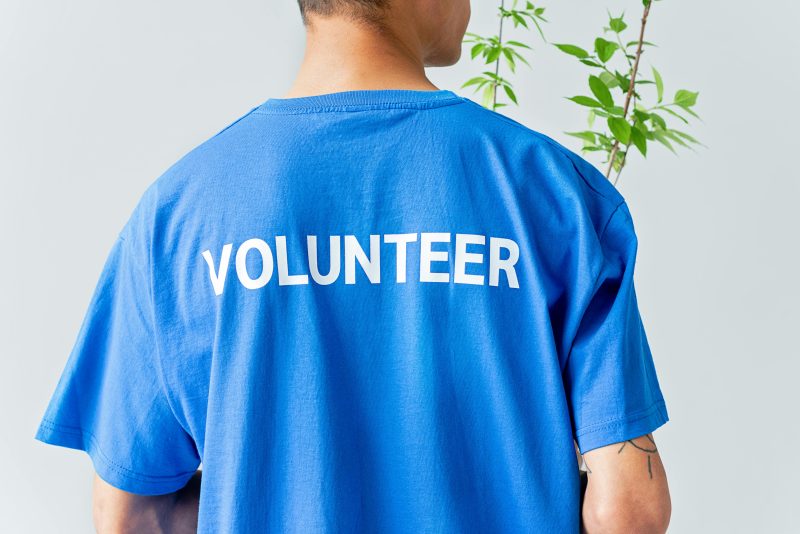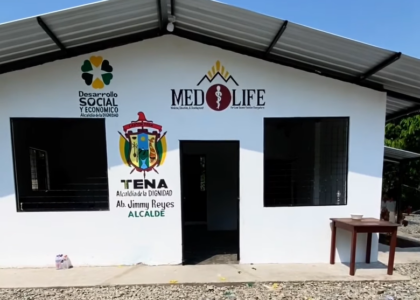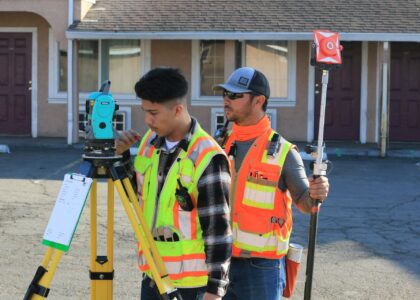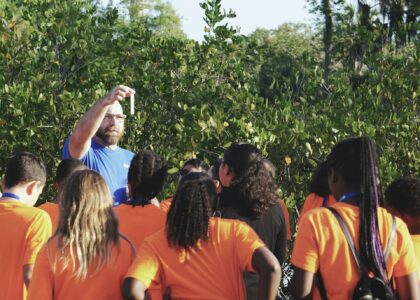The white savior complex refers to the mindset in which individuals from privileged backgrounds—often from Western countries—believe they are “saving” or “rescuing” communities in need, particularly in the Global South. While volunteering abroad can be a meaningful way to give back, this mindset can unintentionally reinforce harmful stereotypes and disempower the very people volunteers aim to support. Ethical volunteering, like the initiatives offered through Safe Homes Movement, prioritizes collaboration over charity, ensuring sustainable and community-led impact.
Where Does the White Savior Complex Stem From?
The white savior mindset is deeply rooted in colonial-era narratives that depict people in developing countries as helpless and reliant on Western intervention. While many volunteers have good intentions, approaching service work with a “saving” mentality can undermine local expertise and ignore systemic causes of poverty and inequality. Ethical volunteerism focuses on supporting local solutions rather than imposing outside perspectives. Programs such as construction volunteering abroad ensure that volunteers contribute to projects that are needed, sustainable, and led by local communities.
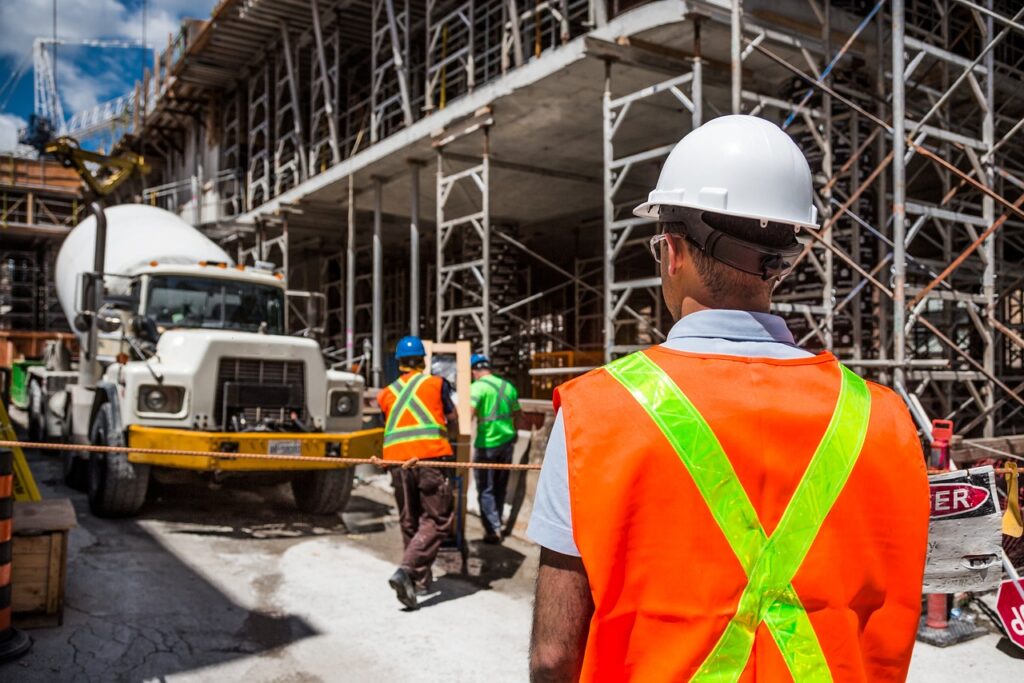
How the White Savior Mentality Shows Up in Volunteer Work
1. Prioritizing Volunteers Over Communities
Some programs focus more on providing a transformative experience for volunteers rather than meeting the real needs of communities. This can lead to short-term, feel-good projects that fail to make a lasting difference. Ethical organizations, like Safe Homes Movement’s construction initiatives, prioritize the needs of the local people and ensure projects have a meaningful impact beyond the volunteers’ time abroad.
2. Centering Western Knowledge Over Local Expertise
A major sign of the savior complex is assuming that Western ideas or solutions are superior to those of the local population. However, sustainable change comes from within communities, not from external aid. Partnering with local professionals ensures that development projects are culturally appropriate and truly beneficial. Cultural awareness is a crucial part of ethical volunteer work, helping volunteers recognize and respect the knowledge and traditions of the communities they serve.
3. Superficial Projects Without Long-Term Planning
Some volunteer programs prioritize social media-worthy projects over real, lasting change. For example, building schools without hiring teachers or constructing medical clinics without securing ongoing healthcare resources can do more harm than good. To prevent this, Safe Homes Movement focuses on long-term solutions, such as sustainable housing and infrastructure projects that address deeper issues of poverty and safety.
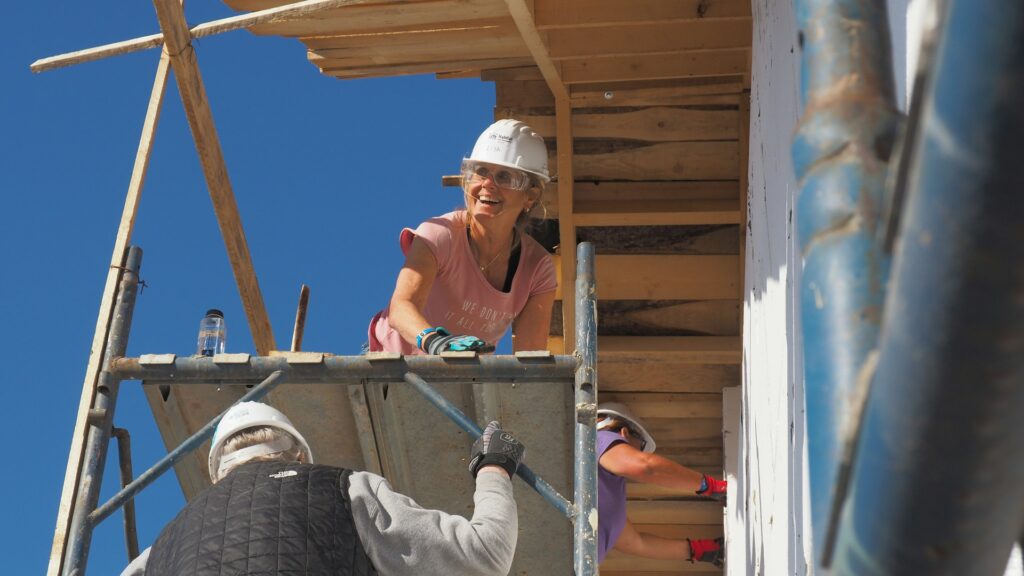
How to Avoid the Savior Complex in Volunteer Work
The best way to avoid the white savior mindset is by choosing ethical volunteer programs that prioritize community leadership and sustainability. Here’s how Safe Homes Movement ensures responsible volunteerism:
- Community-Led Development: Local leaders, builders, and families are directly involved in planning and implementing projects, ensuring they meet real needs.
- Sustainable Housing Initiatives: Instead of one-time aid, Safe Homes Movement focuses on providing long-term solutions that improve safety and living conditions for generations to come.
- Volunteer Support Roles: Volunteers assist rather than take over, ensuring that projects are guided by the expertise and knowledge of local professionals.
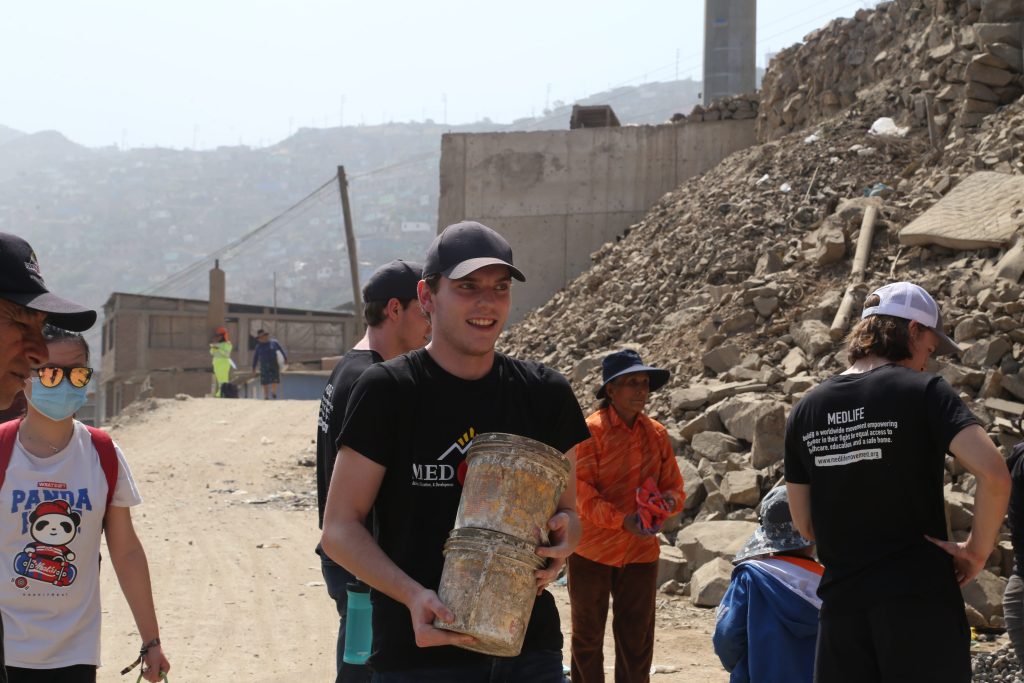
Choose Ethical Volunteering with Safe Homes Movement
If you’re passionate about making a real difference while avoiding the pitfalls of the white savior complex, consider joining a Safe Homes Movement project. Through ethical and community-driven service, you’ll contribute to sustainable initiatives that empower communities rather than impose external solutions.
Safe Homes Movement - Paving the Way for Housing Solutions
Ready to make an impact the right way? Download our brochure to learn more about ethical volunteering opportunities.


